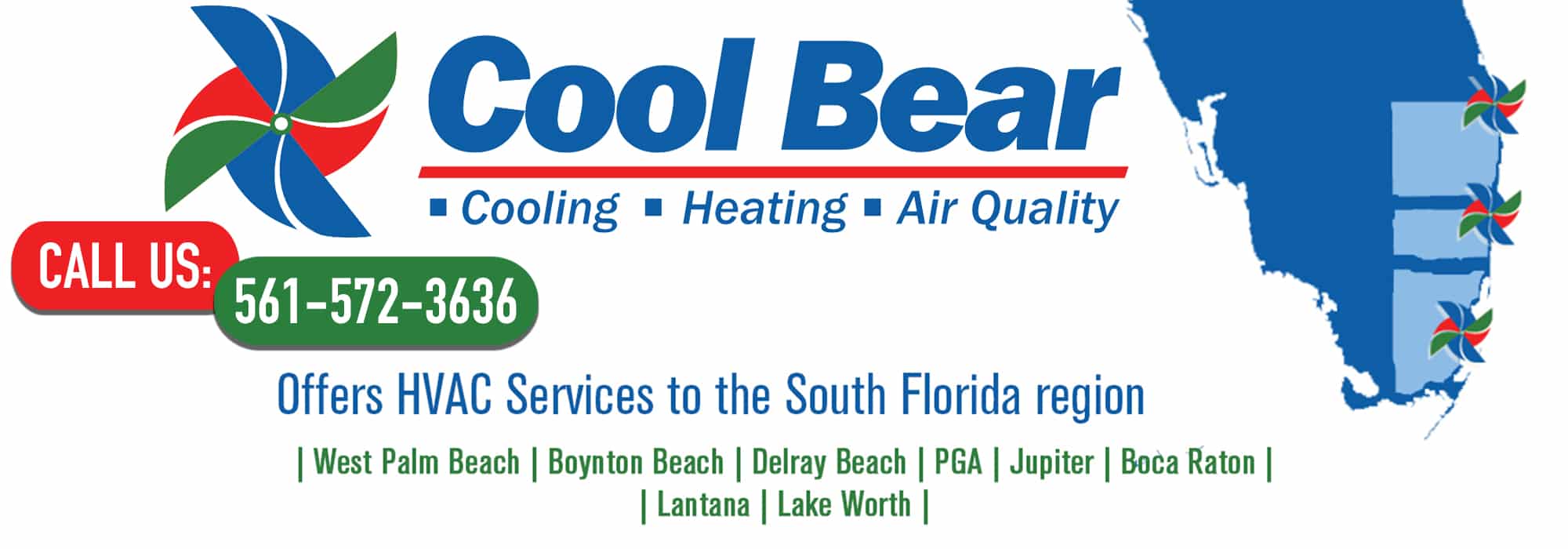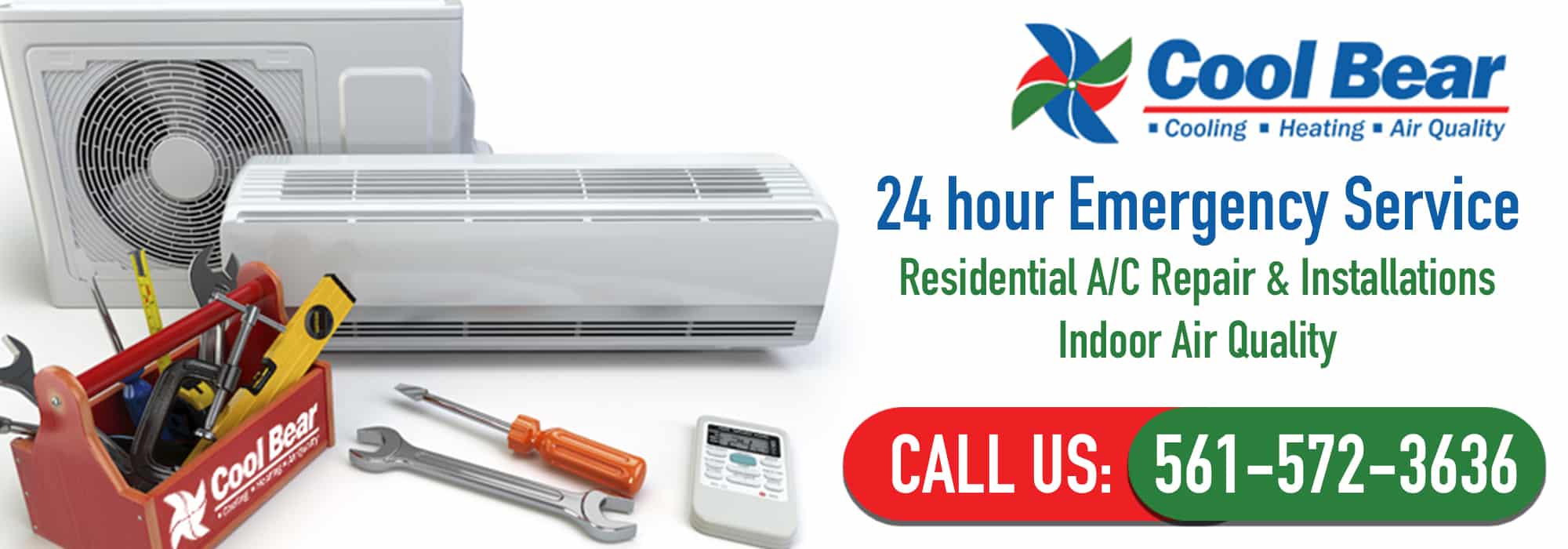When your commercial heating and cooling system works correctly, your employees and customers can go about the day feeling comfortable while you work with the assurance that your work environment remains safe and clean. Regular inspection of your commercial HVAC equipment keeps you aware, too, of repairs and parts replacement that should happen immediately in order to prevent damage and interrupted workflow. Air filters in particular are an important component in your commercial air conditioning functionality, and it's important to know when your filters need to be serviced.
The purpose of a commercial grade air filter is to maintain high-quality levels of indoor air. Regardless of the time of year or temperature of the rooms and offices, when the air is clean and breathable you enjoy a productive workplace. Clean air contributes to the health of your workforce and comfort of your customers and clients. As filters become worn over time, they become less functional. You may notice a slight change in air quality that alerts you to the need to inspect or replace filters. If you are familiar with your building's HVAC, you'll know this means more than the simple task you perform at home.

As you prepare to replace these filters, you may wish to inquire about eco-friendly options and higher efficiency filters that work to keep dangerous agents out of your air without compromising your workplace environment. Higher quality filters tend to cost more than standard models, but some business may opt for the extra investment in order to maintain a longer-lasting filtration system. This largely depends on the necessity for strong filters to keep various pollutants of the air. Some, which are not visible to the naked eyes, can prove troublesome for people with allergies and similar health conditions. When choosing new filters for your HVAC system, you will need to consider ANSI standards that identify particle size ranges of pollutants you want out of your air:
Bacteria and viruses, when airborne and viable, can cause illness in the workplace if the air filtration and circulation aren't working well enough. Hair, pet fur and similar materials can increase allergy problems. Smoke, even if your building has a no smoking policy, there is the risk of cigarette smoke coming inside. Good filtration should take care of this.
Keep in mind when replacing your filter, that a higher quality HVAC filter will pay for itself by less often changing or further reduction of dirt and dust within your house. My experience shows that generic brands may offer as much performance as name brand filters. Generally, when considering for residential purposes, your filter choices will be pleated or fiberglass filters.
Both of these have variances of quality within their respective type, but all are available at local stores.
Be sure and know the proper size and thickness you need. Pleated filters come in a range of filter efficiencies. Obviously, the higher the price the better the filtering.

Even if you don't regularly change your HVAC filter, be sure and do so at least once in a while. Serious damage may occur if a disposable filter is left to clog up.
Here is a neat little check for airflow within your HVAC system. Return air vents are generally located on the wall and not the floor. These vents may be both up high and down low or just low or just high. If your HVAC unit is working properly, with the unit currently blowing heat or cold air, take a normal size piece of paper and place it over the vent in the wall. The paper should immediately stick to the vent and not fall down.
If your house has a basement, locate the door at the top of the stairs and close it. With the unit running and moving air, lay a piece of paper at the bottom of the door. It shouldn't suck under the door if the system is working properly. That's because return air is being collected as it should through the return air vents throughout the house and in this case, the basement.
Air filters doing their job to trap particles of dust, debris, and germs get pretty nasty really quick. When you're spending a lot of time indoors this winter, be sure the air that you're breathing is as clean as it can be. Not only will you help combat allergies, but clogged air filters can put a strain on your home's heating system. When the air filters get clogged air can't flow through the filter properly making it harder to keep the temperature in your home regulated. A clean air filter means that your heating unit can push warm air through your duct system quickly and effectively, and you can be sure the air you're breathing is clean.

